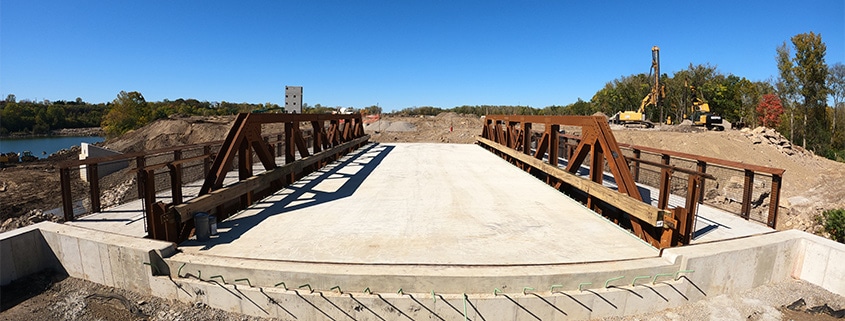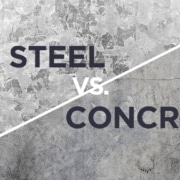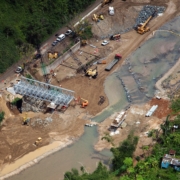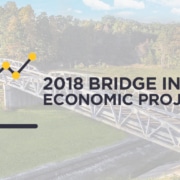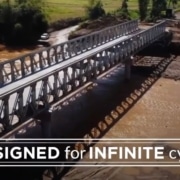The Best Practices in Bridge Management
Proper bridge construction management is necessary to keep a project organized and completed within the budget and schedule. However, managing such a large project such as a bridge’s construction may seem daunting, so we’ve listed some of the best practices for maximizing your chance of success.
Determine the Scope of the Project
Like in any other industry, proper management is essential to a construction project’s success. What’s the best way to pre-plan your project and effectively manage it? Well, a great solution is by working with key stakeholders to determine an accurate scope of the project.
Understanding the scope is one of the first steps in the successful management of bridge construction. This means taking the time to create a thorough breakdown of what’s required for the project such as:
- Identifying what is within or out of scope.
- Noting the work required, the team performing the work, and the schedule of its completion.
- Include any important elements that may impact the outcome.
- Determining the constraints that might limit or negatively impact the outcome of the project such as resources, procurement issues, timing, etc.
Once you work out the scope, you can now move on to planning project decisions such as deck construction, railing criteria, live loads, etc.
Start Creating Plans and Strategies Early
Your planning process is essentially how you will achieve the goals set out within the scope. The reality is that while a project of the highest quality scope, at the lowest price, done in the least amount of time is ideal, it is difficult to achieve. Hence, a strategy-based process is necessary to achieve your overall objective.
Understanding your project’s success metrics is key to streamlining the decision-making process. In other words, determine project components such as feasibility, procurement, construction, close-out, and more to effectively work towards accomplishing the goal. In addition, as the project progresses you should continually refer to your detailed scope to determine if there are any changes and how they will impact the project. Recognizing and implementing adjustments in a timely manner will help reduce delays and risks.
This means start planning long before the actual construction begins, and continue revising until the end of the project. The design, pre-construction, and procurement stages of a construction project all require meticulous planning — and may need to be revised as the project progresses.
A properly planned out and scheduled project is a well-managed and successful bridge project.
Ensure Quality Construction
The quality of the construction is a big part of its success and reflects your skills in bridge management. Thus, in your planning process, you want to consider options that will create lasting effects. Consider utilizing durability solutions such as special enhancement and treatments. Galvanized or weathered steel is a popular option to slow the process of deterioration.
Not only should you be deciding what materials and methods to use, but who the manufacturer should be. Supply chain management helps you stay organized and save money. This means careful management of suppliers, manufacturers, distributors, contractors, and designers.
Pay attention to the order and delivery of materials on-site, the selection of contractors, their involvement in design and planning, and methods used to reduce invoice and transaction costs. In addition, reinforce collaborative methods with those involved in the project to keep the system flowing. This will encourage proper accountability, support, and incentives from supply chain partners.
Starting a project with these practices in mind minimizes disputes and delays. Not to mention, it improves safety and business practices and develops better project relationships.
Trust us to Build your Bridge
Our 80+ years working with various companies all across the world has provided us with the skills and experience needed for even the most challenging projects. We are confident that our engineering and manufacturing expertise will fit the needs of your project. Contact us on our website to learn more about how you can collaborate with us or fill out our exclusive BridgeScope tool for a quick quote.

